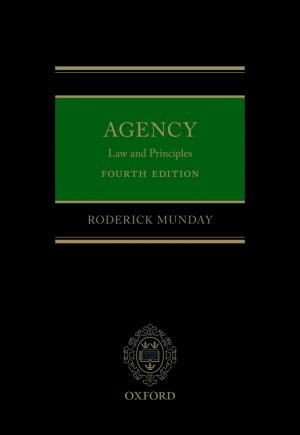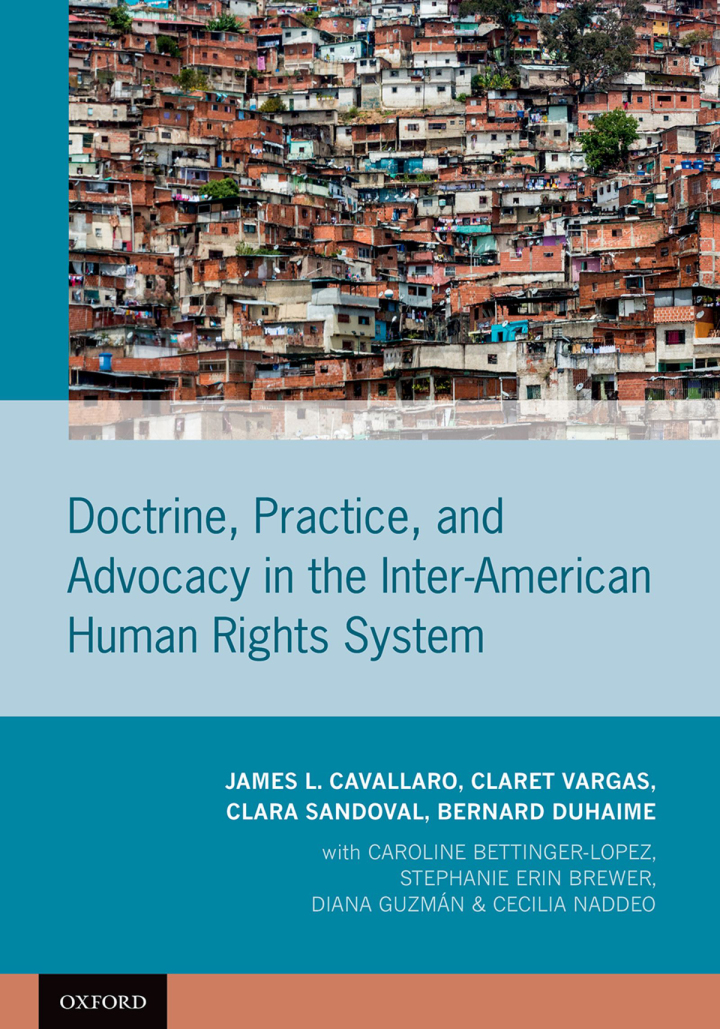Doctrine, Practice, and Advocacy in the Inter-American Human Rights System
$65.00
Attention: This is just ebook, Access Codes or any other Supplements excluded! / File Delivery: Sent Via Email within 24 hours!
SKU: be44f61b9bde
Category: Law Textbooks
Description
-
Author(s)James L. Cavallaro; Claret Vargas; Clara Sandoval; Bernard Duhaime
-
PublisherOxford University Press
-
FormatPDF
-
Print ISBN
9780190900861, 0190900865 -
eText ISBN
9780190900861, 0190900865 -
Edition
-
Copyright
- Details
Doctrine, Practice and Advocacy in the Inter-American Human Rights System is the first casebook to focus on the Inter-American human rights system, the primary system for advancing and protecting rights in the Western hemisphere. Created by the Organization of American States, the Inter-American Commission on Human Rights and the Inter-American Court of Human Rights are autonomous and independent bodies that make up the Inter-American system. Together, they play a vital role, working closely with victims, civil society, and states to protect fundamental human rights in the Western hemisphere, particularly in Latin America. While the system is relatively unknown in legal academia in the United States and Canada, its study is mandatory in most law schools in the Americas. Government appointees, civil servants, high level actors, private attorneys, judges and legal scholars, and media regularly engage with the system in Latin America, implementing its determinations and applying its rulings and interpretations concerning the human rights of their citizens. Thus critical matters affecting vital rights, such as the peace process in Colombia, disappearances in Mexico, gang violence in the Northern Triangle (El Salvador, Honduras, and Guatemala) or trials for perpetrators of crimes against humanity in Argentina, all directly involve the rulings and actors of the Inter-American system. Increasingly, the Inter-American system has advanced rights protection in the United States and Canada. The statements and determinations of the Inter-American Commission on the detention center at Guantanamo, for example, led to a global consensus opposing the prolonged use of pretrial detention at that site, while the Commission’s ruling on the juvenile death penalty was cited by the United States Supreme Court in its holding finding that practice unconstitutional. A report by the Commission on murdered and missing indigenous women in British Columbia led to the creation of a National Commission of Inquiry on the subject by Canada.This book provides analysis on a wide range of practical issues that advocates face when interacting with the Commission or Court and explores current debates on possible reforms of the system. At the same time, it provides materials that consider the political dynamics that empower and constrain the system. Doctrine, Practice and Advocacy in the Inter-American Human Rights System takes as its point of departure a critical look at the real-world successes and failures of the system and human rights advocates in the Americas, including the tensions and trade-offs commonly confronted by activists as they seek to advance human rights.
Related products
-

Agency in Mental Disorder Philosophical Dimensions
Rated 0 out of 5$26.00 Add to cart -

Business and Investment in Brazil Law and Practice
Rated 0 out of 5$66.62 Add to cart -

Blackstone’s Guide to the Proceeds of Crime Act 2002 5th Edition
Rated 0 out of 5$34.12 Add to cart -

Agency 4th Edition Law and Principles
Rated 0 out of 5$53.62 Add to cart

